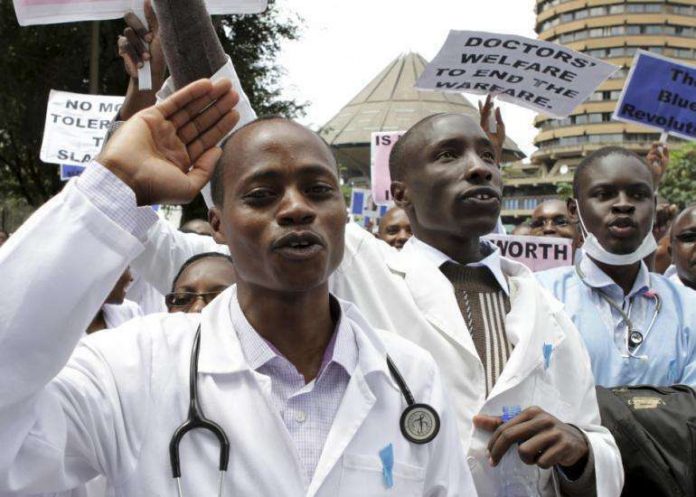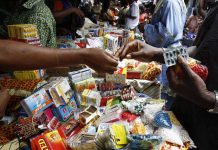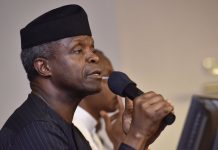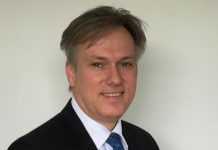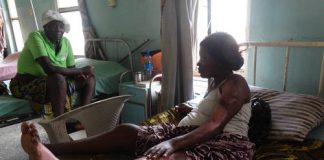The underdevelopment cankerworm in Africa tended to blur the thinking of the leaders of countries in the continent for decades. But now that political independence is over half a century old for most African countries, it is expected that nationalist fervor should have taken deep roots. The recent development in Uganda is cause for concern.
Medical practitioners under Uganda Medical Association, UMA, have criticised the government plan to import Cuban medical experts, equating the move to treason. “In sum, this is an act of treason and the responsible person should face the General Court Martial,” Dr. Ekwaro Obuku, the UMA president, said in a statement this week.
Two weeks ago, the doctors suspended their strike until December 16, pending progress on the government’s commitment to address their demands for improved salaries and other remuneration. Ugandan media had published reports showing that the government is planning to import 200 doctors from Cuba.
The Minister of Health, Dr. Jane Aceng, was quoted as saying the Cuban doctors would be coming to bolster the healthcare services, but not to replace local doctors. Dr. Obuku said the foreign doctors the government intends to import will not cause the desired transformation of the health sector. He asked all members of UMA not to be distracted by the move to import doctors since there are a few days remaining to the December 16 deadline to review the progress on government’s implementation of its commitments.
The executive director of Women in Democracy Network, an NGO, Ms. Perry Aritua, reiterated the Ugandan doctors’ stand. Ms. Aritua said the government is only posturing instead of addressing poor working conditions, absence of medicines and supplies in hospitals which are glaring challenges crippling the health sector. “We have our own doctors trained in the country but in the health facilities where they are supposed to work, there are no medicines and supplies,” she said.
Ms. Aritua said they had anticipated that the three-week strike by doctors would awaken the government to fix the challenges raised instead of being arrogant. “Doctors should work in a befitting environment where there are gloves and electricity as opposed to having doctors operate mothers with assistance of a torch light,” she argued.
The executive director of the Centre for Health, Human Rights and Development, Mr. Moses Mulumba, said the importation of doctors should tally with the country’s legal framework. “The government needs to study laws on importation of doctors because Cuban doctors should comply with the legal regulations of doctors here once disciplinary issues arise,” he said.
He warned that the Cuban expatriate doctors will face the same challenges their Ugandan counterparts are complaining about.






